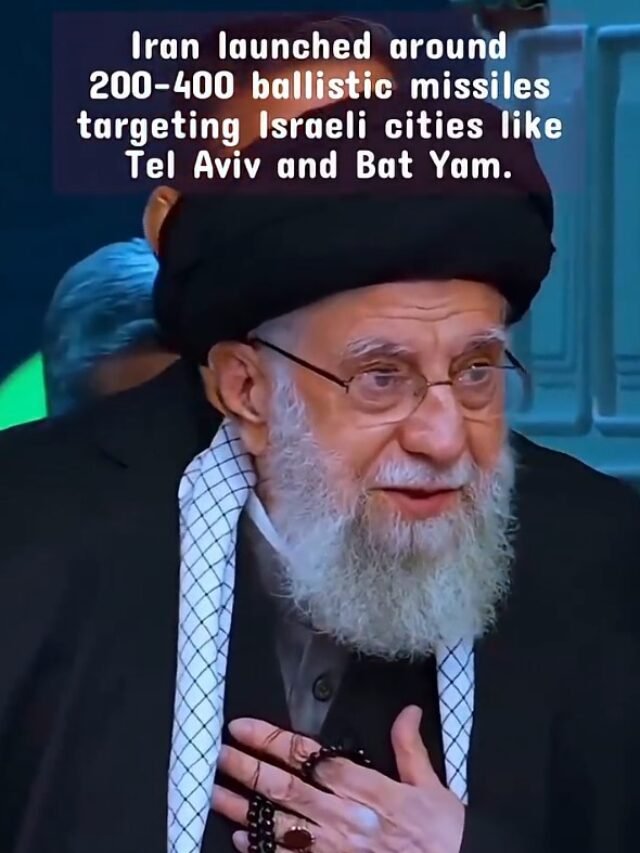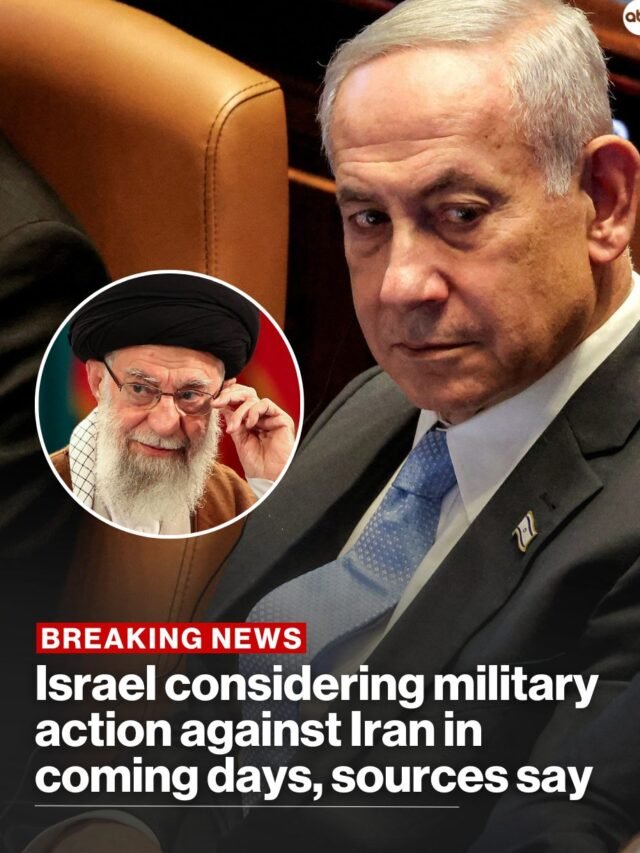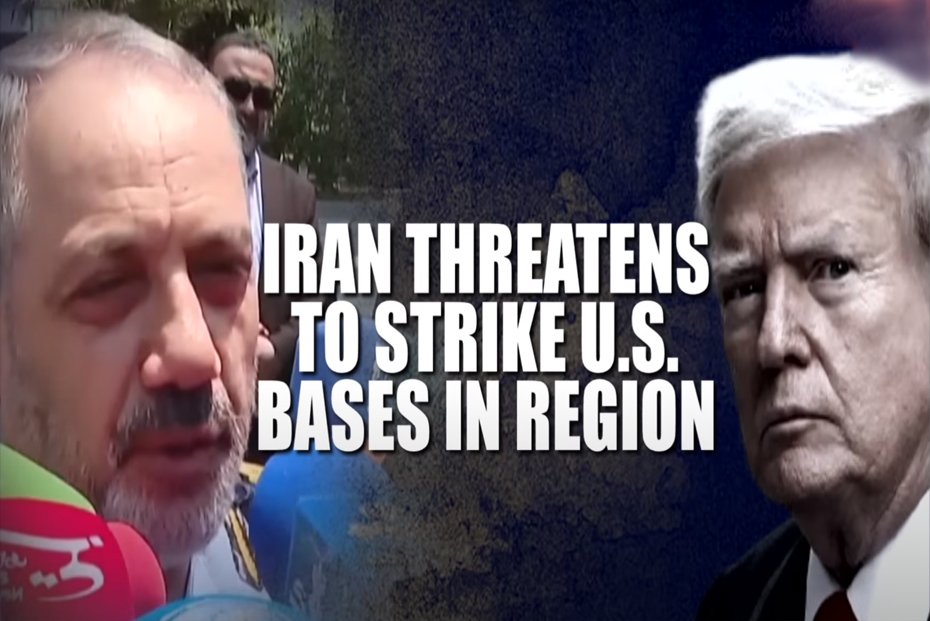U.S. Military Action Against Iran: A Risky Turn in Middle East Tensions
📅 Date: June 25, 2025
✍️ Author: PRM News 365
Latest Update
The fragile peace in the Middle East took a sharp turn this week as the United States launched a military strike on Iranian nuclear sites under the codename “Operation Midnight Hammer.” This unexpected action, reportedly carried out in cooperation with Israeli intelligence, has stirred global reactions and raised new concerns about regional stability.
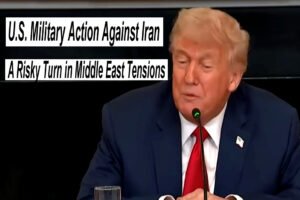
🧐 Why Did the U.S. Launch a Strike on Iran?
The Trump administration explained that the primary objective behind the recent airstrike was to disrupt Iran’s suspected progress toward building nuclear weapons. U.S. authorities claim that classified intelligence pointed to Iran secretly advancing its nuclear program deep within heavily secured underground facilities.
As a result, American forces launched a targeted operation using advanced drones and precision missiles, aiming to hit what they described as key components linked to Iran’s suspected nuclear development sites.
Although the Pentagon presented the operation as a precautionary action to ensure international security, several political analysts questioned its timing. With the U.S. presidential elections drawing near, many believe the move may have been influenced by domestic political motives. Experts also argue that while the attack might slow down Iran’s nuclear development temporarily, it is unlikely to deliver a long-term halt to its ambitions.
🚀 Iran Retaliates with Missile Strike on U.S. Base
Shortly after the American airstrike, Iran launched a counterattack by targeting the Al Udeid Air Base in Qatar, which serves as one of the largest operational centers for U.S. forces in the Gulf region. The missile attack was intense, yet thankfully resulted in no injuries or loss of life.
U.S. Central Command confirmed that military units were already on elevated alert, which enabled a prompt and efficient response to minimize the impact.
Iran’s Ministry of Defense released a bold statement:
“Preserving our national sovereignty is our undeniable right. Any form of aggression will be met with a decisive and strong retaliation.”
This move highlights Iran’s readiness to respond swiftly and sets the stage for a potentially prolonged standoff between the two nations.
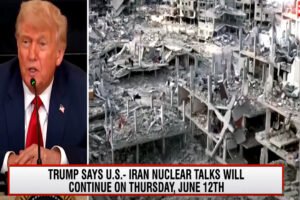
🕊️ Global Leaders Call for Calm
The United Nations and NATO quickly responded to the developments. The UN Secretary-General urged both countries to exercise restraint, warning that any further military action could trigger a broader regional conflict.
NATO supported the U.S.’s right to self-defense but emphasized that dialogue, not war, is the path to lasting peace.
Several European nations have called for an emergency UN Security Council meeting, hoping to mediate before the situation worsens.
📈 Financial Markets and Oil Prices React
The conflict immediately impacted global markets. Crude oil prices surged due to fears of supply chain disruptions in the Gulf region. However, markets stabilized slightly after Iran’s limited response.
Financial analysts warn that if tensions continue to rise, the world economy—particularly sectors tied to energy, shipping, and trade—could face serious repercussions.
Stock exchanges in major cities like New York and London saw increased volatility, reflecting investor anxiety.
🗳️ Is This a Strategic Decision or a Political Move?
Inside the United States, reactions are mixed.
-
Some view the strike as a necessary act of national security.
-
Others see it as an attempt by President Trump to gain political support ahead of the election.
Critics argue that launching a military operation without Congressional approval sets a dangerous precedent. They fear that such unilateral action could damage America’s image abroad and complicate relations with allies.
Meanwhile, some non-aligned countries have expressed sympathy for Iran, portraying the U.S. as the aggressor. This narrative, if it grows, could shift international alliances in the near future.

🔮 What Comes Next?
The situation remains tense. Although both sides have so far avoided a full-scale war, the potential for further military exchanges or cyber attacks remains high. Analysts suggest the next 48 to 72 hours will be crucial.
Peace advocates and global leaders are urging both nations to return to diplomacy.
Whether that happens—or whether the region descends into deeper conflict—depends on how each side chooses to move forward.





